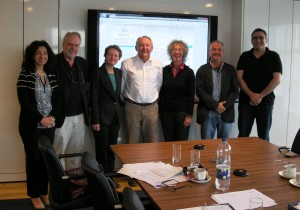
Delegates to the EPRHN Planning Meeting
With financial support from the Fusion Investment Fund, the European Public Relations History Network (EPRHN) held its first planning meeting at BU on Wednesday June 26.
The network was founded virtually in 2012 by Prof Tom Watson of the Media School and drew interest from 33 academics and practitioners in 11 European countries. It was approved.as a project by EUPRERA (Europe’s PR education and research association) in autumn last year.
Its aims are to develop and produce information about the history and historiography of public relations in Europe through the identification and formation of archives, transnational research, joint research bids and the production of publications in print and online formats.
The meeting of EPRHN’s core group brought seven historical researchers from Germany, Romania, Spain, Scotland, Turkey and Bournemouth. Fusion assisted their attendance through travel bursaries.
Among the actions to be progressed are a bid to the EU’s COST (Cooperation in Science and Technology) scheme, which was facilitated on Wednesday by Paul Lynch of RKE; a second edition of its Archives Record publication; and a panel session on ‘developing the history of European public relations’ at EUPRERA’s annual conference in October.
Prof Watson, who was supported by Dr Tasos Theofilou in the organisation of the meeting, said it had been highly productive. “There’s a limit to what we can achieve by email and Skype. The EPRHN made a big forward step because FIF helped bring key members together”. It will also assist Prof Watson and Dr Theofilou to fully launch the group at the October conference.
“At present, 13 countries are represented in the network. We hope to widen that base and engage many more historical researchers in its activities”, said Prof Watson.
For more information about EPRHN and BU’s contribution to the burgeoning field of PR history, go to: http://historyofpr.com.




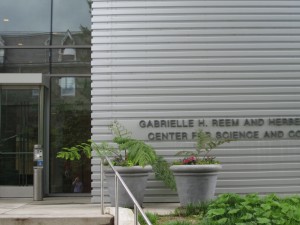
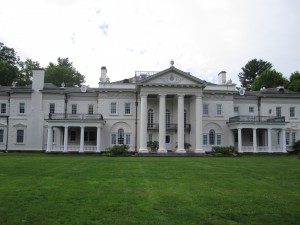
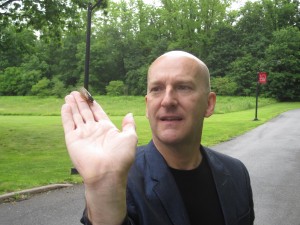
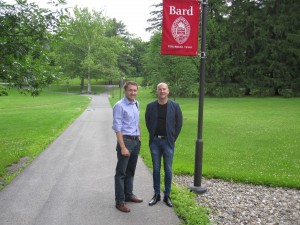

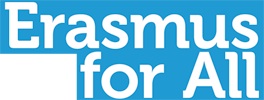
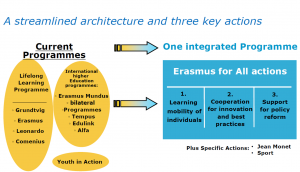
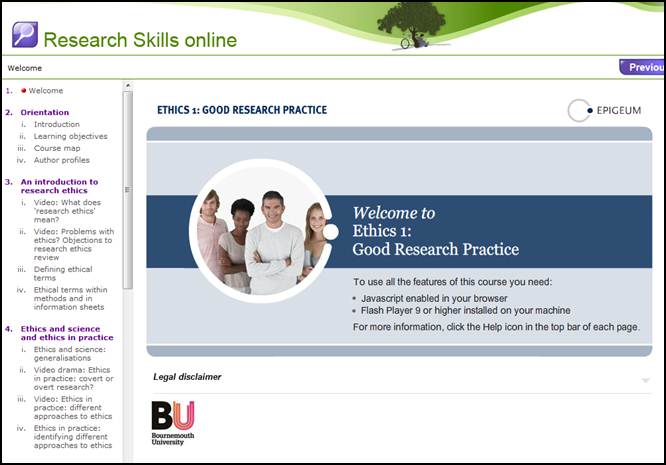 The University Research & Knowledge Exchange Committee (URKEC) recently approved the implementation plan of a mandatory research ethics e-module training course. The research ethics e-module is vital to ensure all academic staff and PGRs at BU are provided with training in research ethics. This will ensure all members of staff who conduct their own research and supervise students are proficient in basic research ethics principles.
The University Research & Knowledge Exchange Committee (URKEC) recently approved the implementation plan of a mandatory research ethics e-module training course. The research ethics e-module is vital to ensure all academic staff and PGRs at BU are provided with training in research ethics. This will ensure all members of staff who conduct their own research and supervise students are proficient in basic research ethics principles.













 BU attendance at third annual GCPHR meeting in June
BU attendance at third annual GCPHR meeting in June Interactive Tangible and Intangible Heritage Applications – BU student work featured in new book chapter
Interactive Tangible and Intangible Heritage Applications – BU student work featured in new book chapter Second NIHR MIHERC meeting in Bournemouth this week
Second NIHR MIHERC meeting in Bournemouth this week MSCA Postdoctoral Fellowships 2025 Call
MSCA Postdoctoral Fellowships 2025 Call ERC Advanced Grant 2025 Webinar
ERC Advanced Grant 2025 Webinar Horizon Europe Work Programme 2025 Published
Horizon Europe Work Programme 2025 Published Horizon Europe 2025 Work Programme pre-Published
Horizon Europe 2025 Work Programme pre-Published Update on UKRO services
Update on UKRO services European research project exploring use of ‘virtual twins’ to better manage metabolic associated fatty liver disease
European research project exploring use of ‘virtual twins’ to better manage metabolic associated fatty liver disease